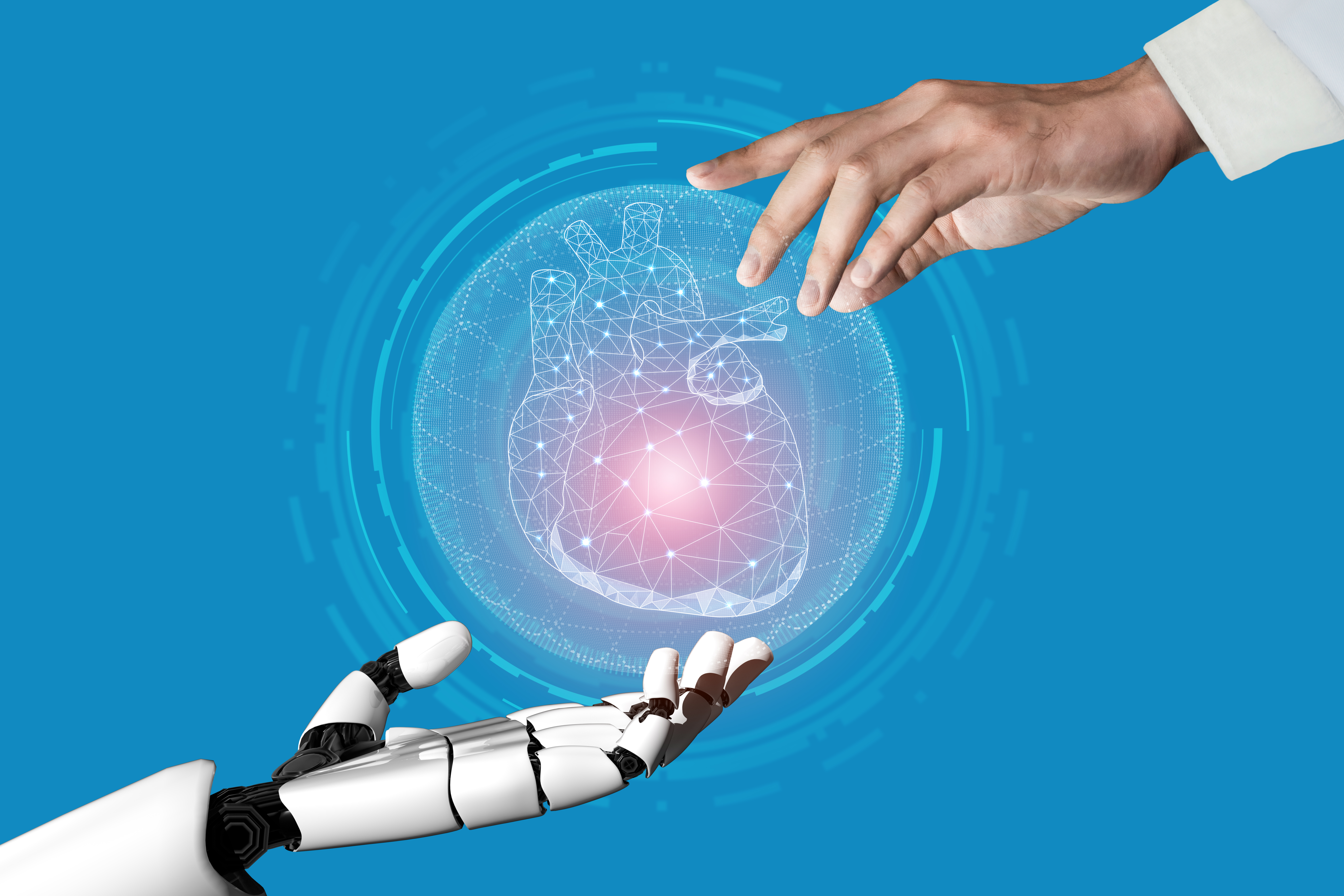This paper focuses on the concept of Organoid Intelligence (OI), blending biotechnological advances with computing. It demonstrates how organoids, especially human brain organoids, can mimic certain brain functions in lab settings. Researchers explored the possibility of these organoids learning and reacting to stimuli, positioning them as potential tools for neurocomputing, drug testing, and toxicology studies. These “intelligence-in-a-dish” systems reveal neural circuits and learning patterns, enabling breakthroughs in computational models and biomedicine.
Real-world Applications:
OI technology has vast potential to revolutionize how we understand and implement intelligence. These organoids, capable of learning and memory similar to the human brain, could outperform traditional AI in areas such as neurocomputing. For instance, in drug testing, personalized organoids could be used to evaluate patient-specific treatments rapidly, offering a highly customized and efficient approach to medical care. Beyond medicine, OI could also enhance autonomous systems and robots, making decision-making more human-like. These neural networks could mimic human learning and adaptability, benefiting sectors like autonomous driving and advanced robotics.
With ethical resolutions, OI systems may one day restore memory in patients with neurological diseases or serve as cognitive enhancers, amplifying brain signals in real time for therapeutic purposes. This opens the door to unprecedented innovations in both healthcare and human augmentation technologies.
Journal: Frontiers in Science, Publication Date: September 2024




